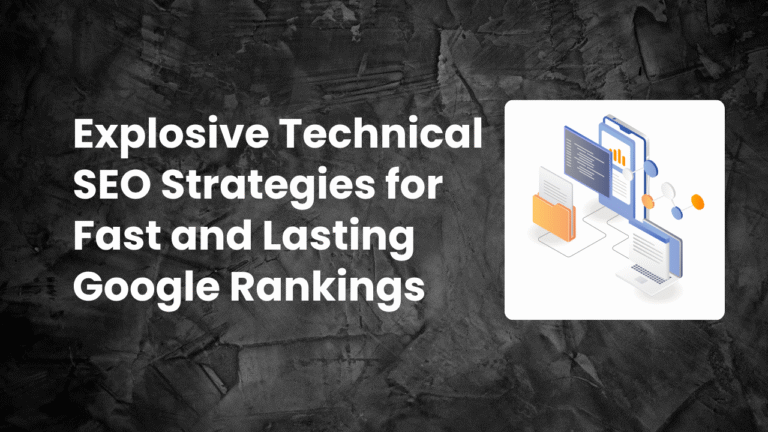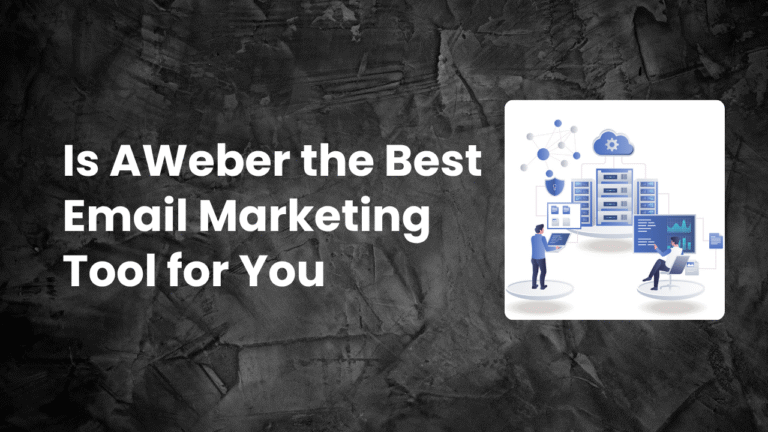Off-page SEO is a powerful element of search engine optimization that goes beyond your website. While on-page SEO focuses on optimizing what’s on your site, off-page SEO builds trust and authority from the outside. In fact, according to a 2023 Backlinko analysis of over 11 million Google search results, the number of domains linking to a page correlated more strongly with high rankings than any other factor (Backlinko, 2023). This proves just how critical off-page SEO can be for visibility and organic traffic.
In today’s digital landscape, off-page SEO is not optional. If you want to rank on the first page of Google, you need to build credibility, relevance, and trustworthiness across the web. And that’s exactly what this comprehensive guide will help you do.
What Is Off-Page SEO?
Off-page SEO refers to all optimization activities that happen outside of your own website to influence your rankings on search engines. These include backlinks, brand mentions, shares, reviews, guest posts, social signals, influencer collaborations, and more.
Unlike on-page SEO—where you control most of the variables—off-page SEO involves third-party signals that demonstrate your site’s popularity, relevance, and trust in the broader web ecosystem. It’s about reputation.
The most powerful off-page signals include:
- Backlinks from high-authority domains
- Social media engagement
- Brand mentions (linked or unlinked)
- Reviews and testimonials
- Influencer outreach
All of these signals contribute to how Google perceives your site. If your domain is frequently mentioned and referenced positively, you’re likely to be seen as an authority—and rewarded accordingly.
Why Off-Page SEO Matters More Than Ever
Google’s algorithm uses over 200 ranking factors, but links remain one of the top three. High-quality backlinks are essentially votes of confidence from other sites, telling Google that your content is valuable and worth ranking.
Moz’s Search Engine Ranking Factors report also found that off-page factors such as link signals account for more than 50% of the ranking weight (Moz, 2023). This means that without strong off-page SEO, your on-page efforts can only take you so far.
In today’s highly competitive SEO environment, authority and trust are everything. Off-page SEO is how you earn them.
The Key Pillars of Off-Page SEO
Let’s break down the core elements of a strong off-page SEO strategy and how to implement them effectively.
1. Backlink Building: The Heart of Off-Page SEO
Backlinks are the backbone of off-page SEO. A backlink is when another website links to your content. Not all backlinks are created equal, though. Google values quality over quantity.
You want:
- Links from high-authority domains (think Forbes, HubSpot, or industry-specific leaders)
- Contextually relevant links within content
- Natural anchor text (no spammy, exact-match anchors)
- Diverse sources, not just one site or domain type
Effective ways to earn backlinks include:
- Guest blogging
- Creating link-worthy content (stats, guides, tools)
- Broken link building
- Outreach to relevant websites
2. Social Signals and Content Sharing
While social signals (likes, shares, comments) are not direct ranking factors, they help in amplifying your content, increasing brand visibility, and attracting natural backlinks.
Post regularly on platforms where your audience hangs out. Share your blogs, infographics, and videos. Encourage engagement and conversation. The more buzz you generate, the more off-page authority you build.
3. Brand Mentions (With or Without Links)
Google can recognize brand mentions, even if they aren’t hyperlinked. If people talk about your brand in forums, on blogs, or in industry roundups, these mentions help reinforce your authority.
Tools like Google Alerts, Mention, and Brand24 can help you monitor and capitalize on unlinked brand mentions.
4. Online Reviews and Reputation Management
Reviews play a huge role in local SEO, but they also contribute to overall site trust and user engagement. Positive reviews on platforms like Google Business Profile, Trustpilot, G2, or Yelp show both users and search engines that your business is credible.
Encourage happy customers to leave reviews, and always respond—whether the feedback is positive or negative.
5. Influencer Outreach and Collaboration
Partnering with influencers in your niche can amplify your content and attract more backlinks. Influencers already have trusted audiences. When they mention your brand, you benefit from both exposure and potential SEO value.
Reach out with personalized pitches and offer something valuable in return—like co-creating content, offering free tools, or publishing exclusive data.
6. Forums and Community Engagement
Participating in industry-specific forums, Reddit threads, and platforms like Quora can help build thought leadership. Be genuinely helpful. Link to your resources only when it adds value to the discussion.
This kind of engagement fosters trust and can drive referral traffic too.
7. Content Syndication and Guest Posting
Syndicating your content on platforms like Medium, LinkedIn, or Flipboard can help reach a broader audience. Just make sure to use the canonical tag or a rel=“nofollow” link to avoid duplicate content issues.
Guest posting on reputable sites is another time-tested way to build backlinks and authority. Always aim for quality sites and offer original, high-value content.
8. Press Releases and Digital PR
Well-crafted press releases distributed through PR networks (like PR Newswire or HARO) can earn coverage from authoritative news outlets. These mentions can lead to high-quality backlinks and massive brand exposure.
Digital PR is about earning media—not paying for it. It’s storytelling with SEO in mind.
How to Build an Effective Off-Page SEO Strategy
Here’s a step-by-step approach:
- Audit Your Current Backlink Profile: Use Ahrefs, SEMrush, or Moz to analyze where your links are coming from and identify toxic backlinks.
- Set SMART Goals: Define specific goals like gaining 30 new links in 60 days, or getting published on 5 industry blogs.
- Create Linkable Assets: Develop content that others want to reference—like original research, infographics, or expert roundups.
- Launch Outreach Campaigns: Email relevant site owners with a clear, value-driven pitch.
- Leverage Social Channels: Promote your content strategically.
- Monitor and Adjust: Track metrics like domain authority, referral traffic, and backlink growth.
Common Off-Page SEO Mistakes to Avoid
- Buying links (violates Google’s guidelines)
- Using private blog networks (PBNs)
- Over-optimized anchor text
- Ignoring negative brand mentions
- Focusing only on quantity over quality
Avoiding these mistakes helps you build sustainable, long-term SEO success.
How to Measure Off-Page SEO Success
Success isn’t just about the number of backlinks. Look at:
- Domain Rating (DR) or Domain Authority (DA)
- Number of referring domains
- Organic traffic growth
- Brand mentions over time
- Social shares and engagement
Tools like Ahrefs, SEMrush, Google Search Console, BuzzSumo, and Mention can help track progress.
Conclusion
Off-page SEO is all about what the rest of the internet thinks about you. It’s the digital version of word-of-mouth marketing. If you can get people talking about your brand, linking to your content, and trusting your expertise, search engines will take notice.
By combining consistent backlink acquisition with authentic engagement and content promotion, you’ll build a digital footprint that supports higher rankings, stronger authority, and lasting results.
Ready to elevate your off-page SEO game? Start implementing these strategies today and watch your visibility soar.





